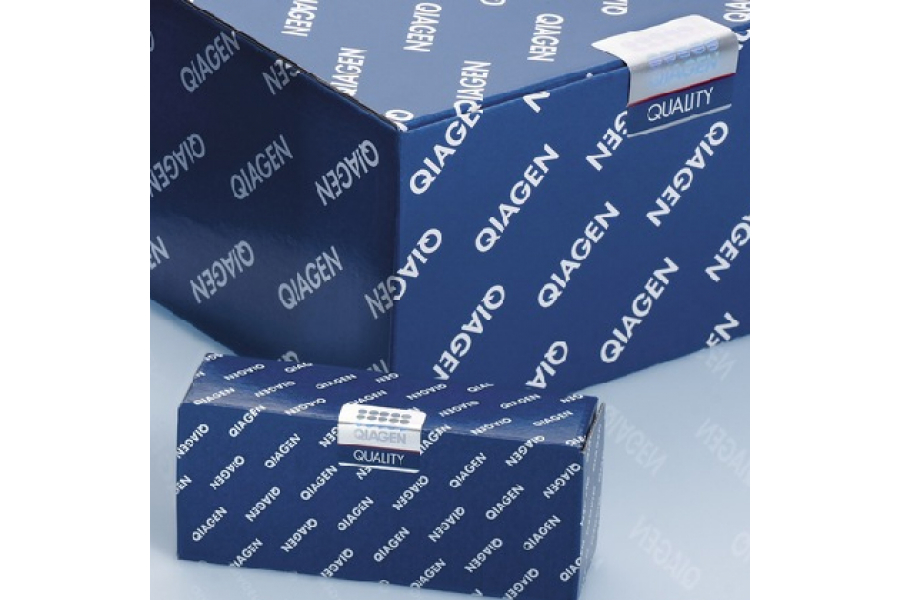REPLI-g Cell WGA & WTA Kit

REPLI-g Cell WGA & WTA Kit
Cat. No. / ID: REPLI-g Cell WGA & WTA Kit
Price : $0 ~ $184,340
Unit
For parallel whole genome and whole transcriptome amplification from cells and limited samples
- Parallel amplification of genomic DNA and RNA (total or mRNA-enriched)
- Easily correlate genomic status with transcription pattern
- Negligible sequence bias due to MDA technology
- Amplify gDNA and RNA directly from cells or tissue
- For use with all downstream applications, including NGS
The REPLI-g Cell WGA & WTA Kit uniquely enables uniform whole genome amplification (WGA) and whole transcriptome amplification (WTA) in parallel reactions, allowing direct correlation of the genome with the transcriptome from very small samples (25–1000 cells). Dedicated buffers and reagents undergo a unique, controlled decontamination procedure to block amplification of contaminating nucleic acids by the REPLI-g method. The innovative lysis buffer effectively stabilizes cellular nucleic acids, ensuring accurate representation of both genomic DNA and RNA levels. Unbiased amplification of genomic DNA and total RNA or mRNA (poly A+) is achieved using innovative Multiple Displacement Amplification (MDA) technology and the novel REPLI-g SensiPhi DNA Polymerase. In contrast to PCR-based amplification technologies, high fidelity rates are increased up to 1000-fold, avoiding costly false positive or negative results.
The REPLI-g Cell WGA & WTA Kit allows uniform parallel amplification of all transcripts and genomic regions from one very small sample. gDNA and cDNA amplified in parallel by the kit are highly suited for next-generation sequencing (both DNA-Seq and RNA-Seq*), analysis using arrays, genotyping applications, or quantitative PCR.
REPLI-g SensiPhi DNA Polymerase, Buffers, and Reagents
QIA-150052:for parallel 12 x 60 µl whole genome amplification reactions and 12 x 60 µl whole transcriptome amplification reactions (typical yield: 20 µg from each reaction).
QIA-150054:for parallel 48 x 60 µl whole genome amplification reactions and 48 x 60 µl whole transcriptome amplification reactions (typical yield: 20 µg from each reaction).
